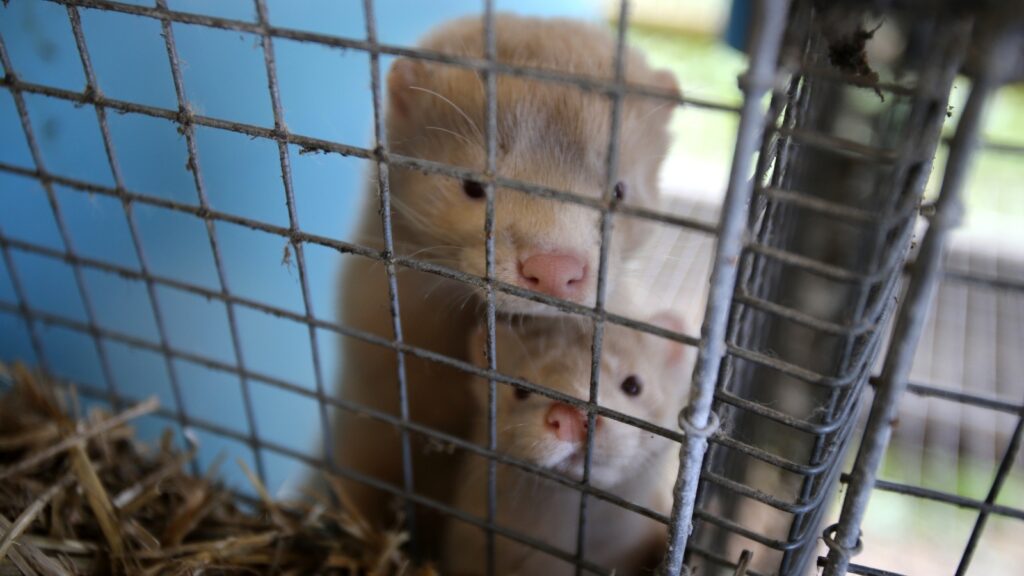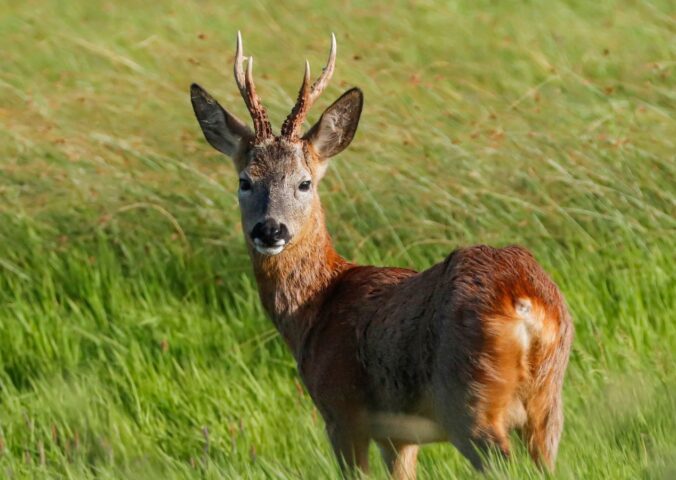British Columbia (BC) has announced it will phase out its mink fur farming industry. The Canadian province named the sector a public health risk due to COVID-19.
Public health and disease experts recommended the closure. The advice was based, in part, on data from the BC Centre for Disease Control, an arm of BC’s Provincial Health Services Authority.
It warned that mink farms could increase the likelihood of the SARS-CoV-2 virus mutating in mink, and then transferring back to humans. The center also cautioned that such mutations could influence vaccine effectiveness.
Experts also raised concerns about the virus being transmitted from escaped mink to wild animals, which again poses a risk to public health.
“This decision follows the recommendations of public health officials and infectious disease experts about managing the threat of the virus for workers at the farms and the broader public,” commented Lana Popham, the Minister of Agriculture, Food and Fisheries.
“Our government will work with affected farmers and workers to help them pursue other farming, business or job opportunities that support their families.”
Ban on mink farming
The new policy includes a permanent ban on breeding mink and live mink on farms by April 2023. This allows the nine mink farms in operation to prepare for closure. The ministry assured that until then, “biosecurity measures are in place to protect workers and families on the farms.”
All operations must stop completely by 2025, including the selling off of all furs.
Rebecca Aldworth is the executive director of HSI/Canada, which campaigned to achieve the policy change. She said in a statement sent to Plant Based News: “It is the abysmal conditions and horrendous suffering on factory fur farms that make these facilities incubators for COVID-19 and other respiratory illnesses.
“Mink farming is exceptionally cruel, intensively confining highly intelligent, semi-aquatic wild animals and denying them their most basic of needs. The COVID-19 pandemic has redefined our relationship with animals and our environment, calling into question many formerly accepted practices.
“In protecting both people and mink, the BC government has shown tremendous leadership and set an important example for the rest of the nation to follow.”
‘Risk is too great’
Earlier this year, both mink and industry workers from multiple farms tested positive for SARS-CoV-2. This prompted the provincial health officer to place restrictions on new and existing mink farms.
“Public health has been monitoring and managing outbreaks related to mink farming along with the Ministry of Agriculture and WorkSafeBC, but as this remains an ongoing public health issue, we believe the risk is too great for operations to continue as they were,” said Dr. Bonnie Henry, provincial health officer.
The BC government will assist industry workers with entering new jobs, trades, or careers – agricultural or not. The farmers will also be eligible for benefits from income-protection programs.
This article was updated November 11, 2021 to include a statement from a relevant party.






